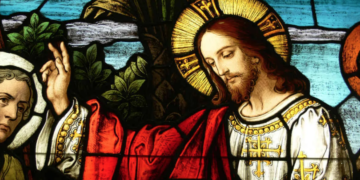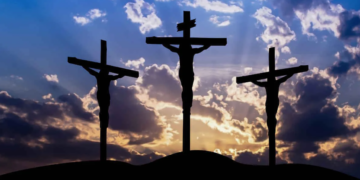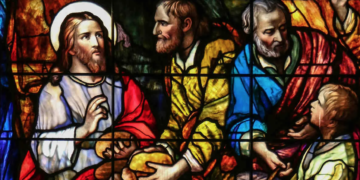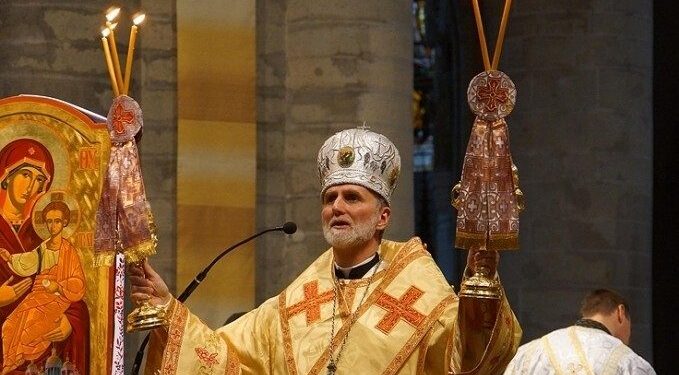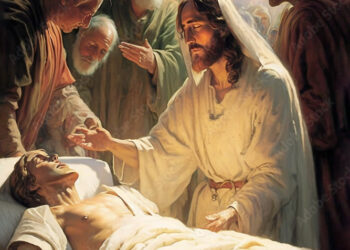By Christopher Wells
One week ago, the United States, and the whole world, were shocked by the attempted assassination of presidential candidate Donald Trump. The attack on the former president prompted universal condemnation, along with calls to refrain from the violent rhetoric that is too often a part of modern politics.
Warnings of politically and ideologically motivated violence are not new, and earlier this summer – just one month before the attack on Trump – the US bishops issued yet another statement urging Catholics to promote dialogue and peace in an increasingly polarized world.
“More and more,” the US bishops say, “it has become abundantly clear that violent behavior – both physical and verbal – is now seen by many as an acceptable means for carrying out political or ideological disputes.”
However, they add, “Americans can do better.” Instead of resorting to violence to resolve political issues, the bishops suggest dialogue and voting peaceful protests, petitions, lawsuits, and civil disobedience in the face of injustice.
Christians must affirm the human dignity of each person
Archbishop Borys Gudziak, who chairs the USCCB committee that produced the Bishops’ statement, told Vatican Radio that Christians have to return to their roots in order to address the crisis. “The situation is very bad,” he said, “and we might not be able to change it instantaneously, but that does not mean that we should not resume and refresh our Christian posture.”
He said Christians must be clear “about affirming the dignity of every person, every person, made in the image and likeness of God.”
At the same time, we must not allow ourselves, first of all, to suggest by our words or actions “that somebody is disposable in any form,” the Archbishop continued. “Even if we don’t agree with people, we need to be respectful and listen to the experience of others.”
So, Archbishop Gudziak said, “We need to have charity. We need to have clarity. We need to name some of these problems and we need to be creative. And all of this, following our Lord.
Source: Vatican News

